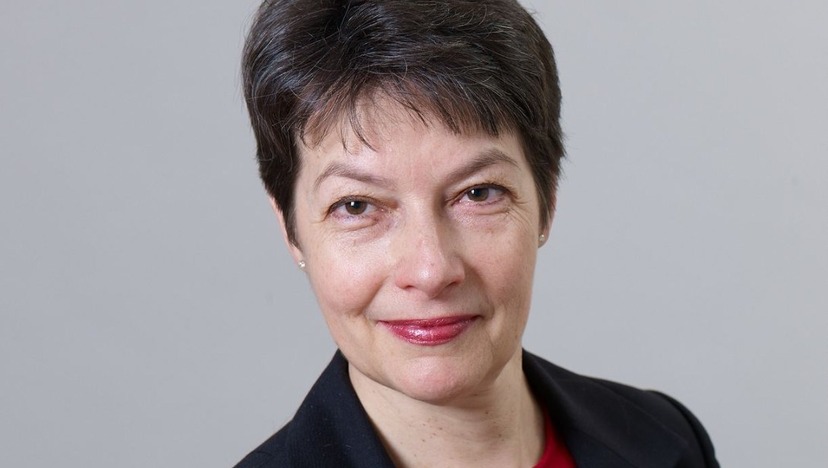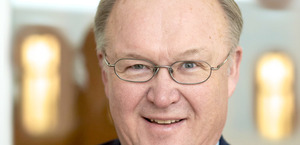One of the most vexing questions in the Assange case is why the Swedish prosecutor insists on having him extradited to Sweden, instead of simply questioning him in London. A long series of contradictory explanations has been provided by the Swedish Prosecution Authority throughout the proceedings.
In the early stages of the extradition process, the prosecutor in charge of the case, Marianne Ny, frequently claimed that British as well as Swedish law prevented her from interrogating Assange anywhere but in Sweden. Some examples: On 20 November 2010, Ms. Ny was quoted as saying that Swedish law prevented her from questioning Assange by video link or at an embassy in London. On 3 December the same year Ms. Ny told TIME Magazine that she could not legally interview Assange by telephone or video link. She made similar comments two days later, claiming that it was impossible to question Assange in London.
Two months later, Ms. Ny suddenly changed her story. In a witness statement submitted in the extradition proceedings in London, dated 4 February 2011, she admitted that it was possible for her to interview Assange in London within the framework of a system for legal co-operation called Mutual Legal Assistance. However, Ms. Ny claimed, that would not be an appropriate course to take, because she considered it necessary to interrogate Assange in person.
The legal basis for Ms. Ny's comments appears dubious, to say the least. The rules setting out the procedures for Mutual Legal Assistance make clear that a foreign prosecutor can question a suspect in the UK by telephone, videolink, or through British police (see Mutual Legal Assistance Guidelines for the United Kingdom, 8th edition, pp. 15, 20 and 29). If the latter option is used, it is possible for officers from the foreign state to be present during the interview. In fact, Ms. Ny had a wide range of options for interrogating Assange in the UK: by telephone, video link or by interviewing him in person, together with British police.
As for Swedish law, there are no provisions preventing prosecutors from interrogating suspects abroad. Doing so is, in fact, a routine matter. An example: In late 2010, at roughly the same time that Ms. Ny decided to issue a European Arrest Warrant for Assange, Swedish police officers went to Serbia to interview a well-known gangster suspected of involvement in an armed robbery. The interview was conducted in co-operation with Serbian police. Thus, at the same time that Ms. Ny claimed it was an impossibility to interview the founder of Wikileaks in London, her colleagues were busy interrogating an infamous gangster in Serbia.
In a radio interview last Friday, a Swedish professor emeritus of international law, Ove Bring, confirmed that there are no legal obstacles whatsoever preventing Ms. Ny from questioning Assange in London. When asked why the prosecutor would not do so, Professor Bring responded that it's a matter of prestige not only for prosecutors, but for the Swedish legal system. Professor Bring also stated that the charges against Assange would probably have to be dropped following an interview, since "the evidence is not enough to charge him with a crime".
Last Saturday, Fria Tider sent a message to the Swedish Ministry of Foreign Affair's official Twitter channel, asking if Professor Bring was right in saying that the reason why the prosecutor would not interrogate Assange in London was prestige. After a short exchange of messages, the Ministry provided the following response:
"You do not dictate the terms if you are a suspect. Get it?"
In an opinion piece published last Sunday in Sweden's largest daily Dagens Nyheter, two Swedish journalists claimed that Marianne Ny had privately stated that she would not change her position on Assange even if she were wrong.
Today, two years after Assange was first questioned by Swedish police in Stockholm, it seems increasingly clear that the reason why he has not been interviewed again has very much to do with prestige and little to do with law.





